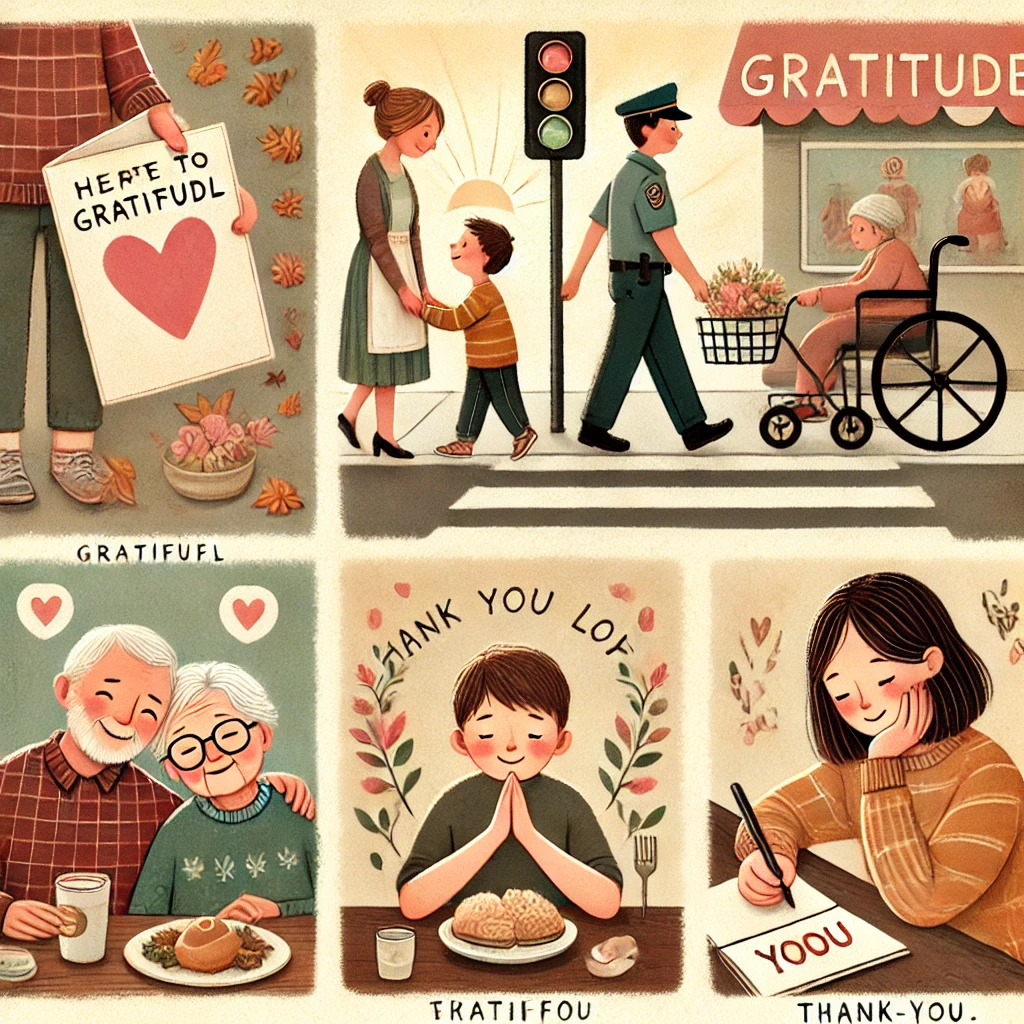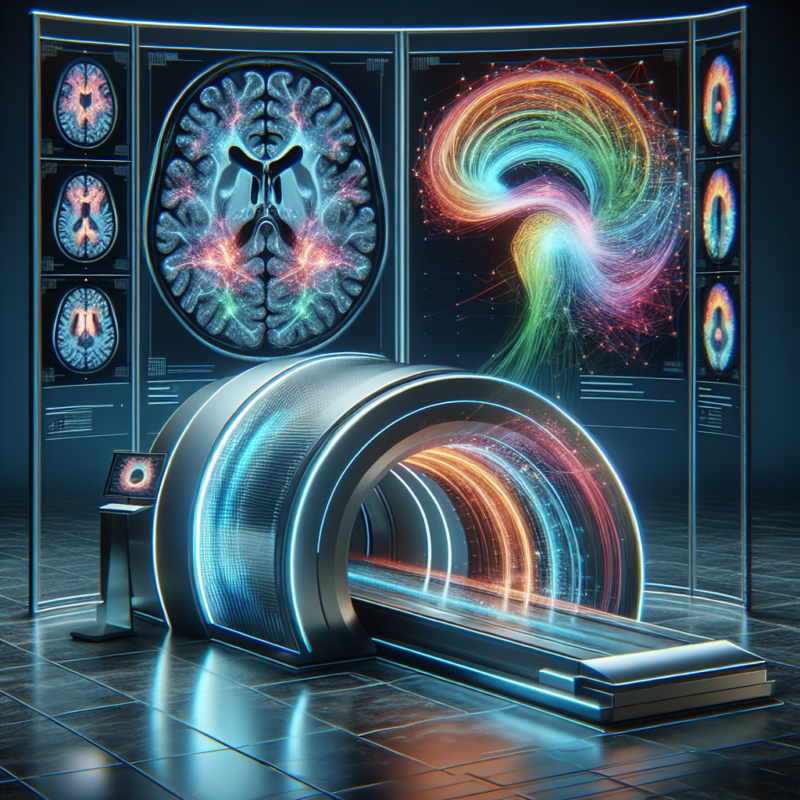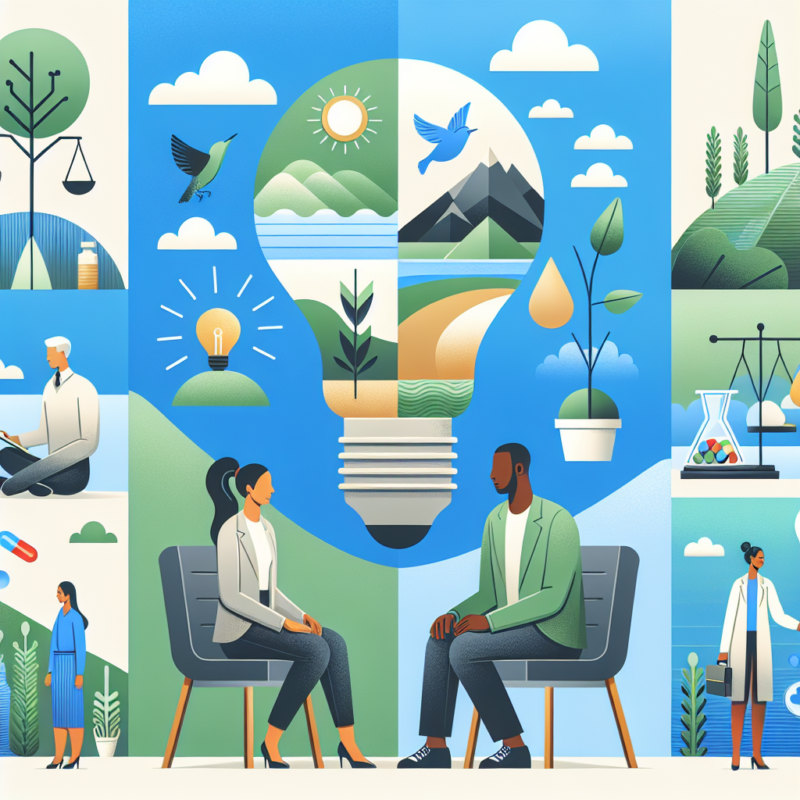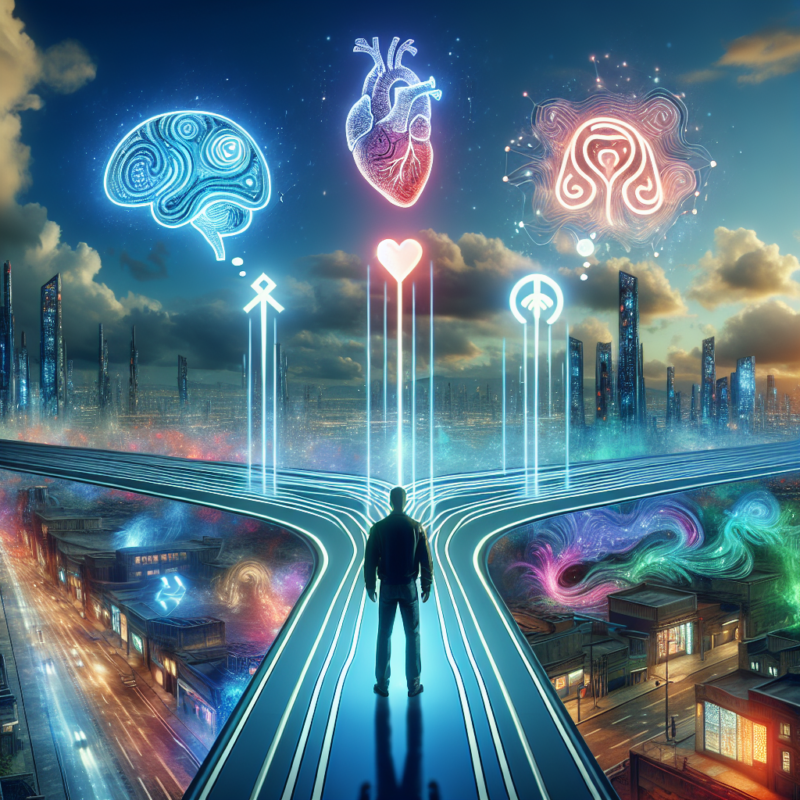A Story of Gratitude
A little girl named Mia lived in a quiet town, where kindness flowed as naturally as the river nearby. One day, as she was walking home from school, she saw an elderly man struggling to carry his groceries. Without hesitation, she ran to help him.
The man, named Mr. James, was surprised but deeply touched. “Thank you, dear child,” he said with a warm smile. He reached into his bag and handed her an old book, his favorite collection of stories.
That night, as Mia flipped through the pages, she found a note scribbled inside:
“Gratitude is like a candle—when you light it in others, your own world becomes brighter.”
From that moment on, Mia began noticing gratitude everywhere—in the way her mother smiled when she helped with the dishes, in the warmth of her teacher’s “thank you” when she shared her crayons, and even in the small joys of a sunrise, a bird’s song, and a cool breeze on a warm day.
Gratitude, she realized, was not about grand gestures, but finding beauty in the little things.
What is Gratitude?
Gratitude is the act of recognizing and appreciating the good in life, whether it’s big or small. It is the ability to pause, acknowledge, and be thankful for what we have, instead of constantly seeking what we don’t.
According to the American Psychological Association, gratitude is linked to happiness, improved relationships, and even better health outcomes (APA, 2023).
It is not just a feeling, but a practice that enhances our well-being.
Why is Gratitude Important in Everyday Life?
A grateful heart sees abundance instead of lack, joy instead of stress, and opportunities instead of obstacles. Here’s how gratitude positively impacts our lives:
✔ Boosts Happiness & Mental Health – Expressing gratitude increases dopamine and serotonin, making us feel happier and more content (NIH, 2023).
✔ Improves Relationships – Saying “thank you” strengthens bonds, whether with family, friends, or colleagues.
✔ Reduces Stress & Anxiety – Focusing on what’s good helps shift attention away from worries, improving overall mental clarity.
✔ Enhances Physical Health – Grateful people experience better sleep, lower blood pressure, and stronger immunity (Harvard Health, 2023).
✔ Encourages Acts of Kindness – When we feel thankful, we naturally give back to others, creating a ripple effect of positivity.
Finding Gratitude in Everyday Moments
Gratitude isn’t always about life-changing experiences—it’s hidden in the smallest moments.
🌱 In Nature – Feeling the warmth of the sun, hearing birds chirp, or watching rain nourish the earth.
👪 In Relationships – A simple hug, a shared meal, or a thoughtful text from a friend.
📝 In Learning & Growth – A challenge that made you stronger, a mistake that taught you something valuable.
☕ In Daily Comforts – A warm cup of tea, a cozy bed, or a kind stranger holding the door open.
When we start noticing these moments, life feels richer and more meaningful.
🛤️ 5 Ways to Practice Gratitude Daily
Want to bring more gratitude into your life? Start with these simple steps:
1️⃣ Keep a Gratitude Journal 📖
Write down three things you’re grateful for every day—it could be as simple as a sunny morning or a good conversation.
2️⃣ Express Appreciation
Say “thank you” sincerely to family, friends, co-workers, and even strangers. A small note, text, or call can brighten someone’s day.
3️⃣ Shift Your Perspective
Instead of saying “I have to go to work,” say “I get to work and earn for my family.” Gratitude is about changing how we see situations.
4️⃣ Practice Mindfulness & Presence
Pause. Notice the good around you. Take a deep breath, feel the moment, and appreciate it as it is.
5️⃣ Perform Small Acts of Kindness
Give someone a genuine compliment, hold the door open, or simply smile—it creates a cycle of gratitude.
(Source: Harvard Health, 2023)
Final Thoughts: Gratitude Transforms Life
Mia’s story teaches us that gratitude isn’t about what we have—it’s about how we see life.
When we practice gratitude, life feels fuller, richer, and more meaningful. Every moment—big or small—is an opportunity to appreciate, grow, and give back.
References & Further Reading
📌 American Psychological Association (APA, 2023) – The Link Between Gratitude & Mental Health – Read Here
📌 Harvard Health (2023) – Giving Thanks Can Make You Happier – Explore Here
📌 National Institutes of Health (NIH, 2023) – Practicing Gratitude for Mental & Physical Health – Full Article
📌 Image Source:
“This infographic was AI-generated using OpenAI’s DALL·E on February 7, 2025, illustrating simple acts of gratitude in everyday life.”
📢 Disclaimer:
“This image is AI-generated for illustrative purposes only and does not depict real individuals or events. All intellectual property belongs to its respective owners.”











Hi